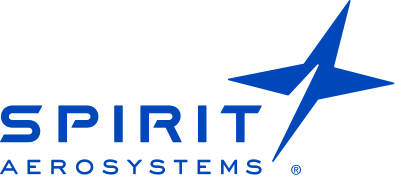
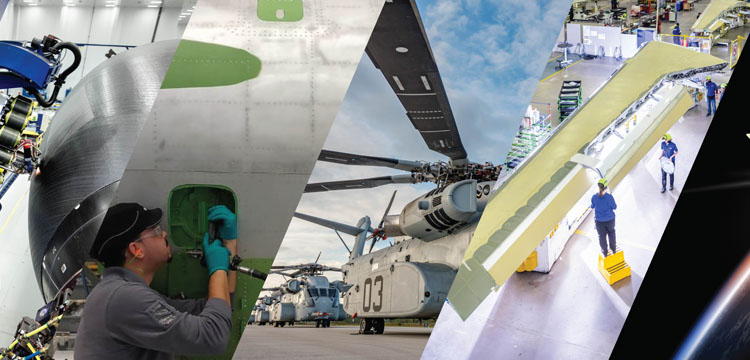
Advancing Fabrication: How Spirit Continues to Produce Progress
Spirit AeroSystems is one of the largest manufacturers of aerospace structures for commercial, defense, and business markets in the world. Meeting the needs of these growing markets demands managing an ever-expanding global supply chain and making investments in the company’s own considerable fabrication capabilities. Kevin Matthies, Senior VP of Global Fabrication, outlines ways Spirit is leading the aerospace industry in applying new technology and innovation in the area of fabrication to meet customer needs.
With more than 150 types of machine tools across its 2.6 million square feet of global capacity, Spirit AeroSystems delivers three million precision parts a year. “We’re one of the largest metal-manufacturing and fabrication businesses in the world with the ability to produce any metallic component,” says Matthies.
While the company is working to develop and industrialize new materials, attention is also focused on metallic parts and processes. When it comes to machining hard metals, like titanium or steel, Spirit is world-class, and we continue to improve those processes too.
”As output rates continue to climb to meet the growing demand for new aircraft, Spirit is optimizing production with new methods to increase efficiency, volume, and quality — and reduce costs. Many of these advancements come in the form of automation for greater effectiveness in tooling, assembly, and inspection.
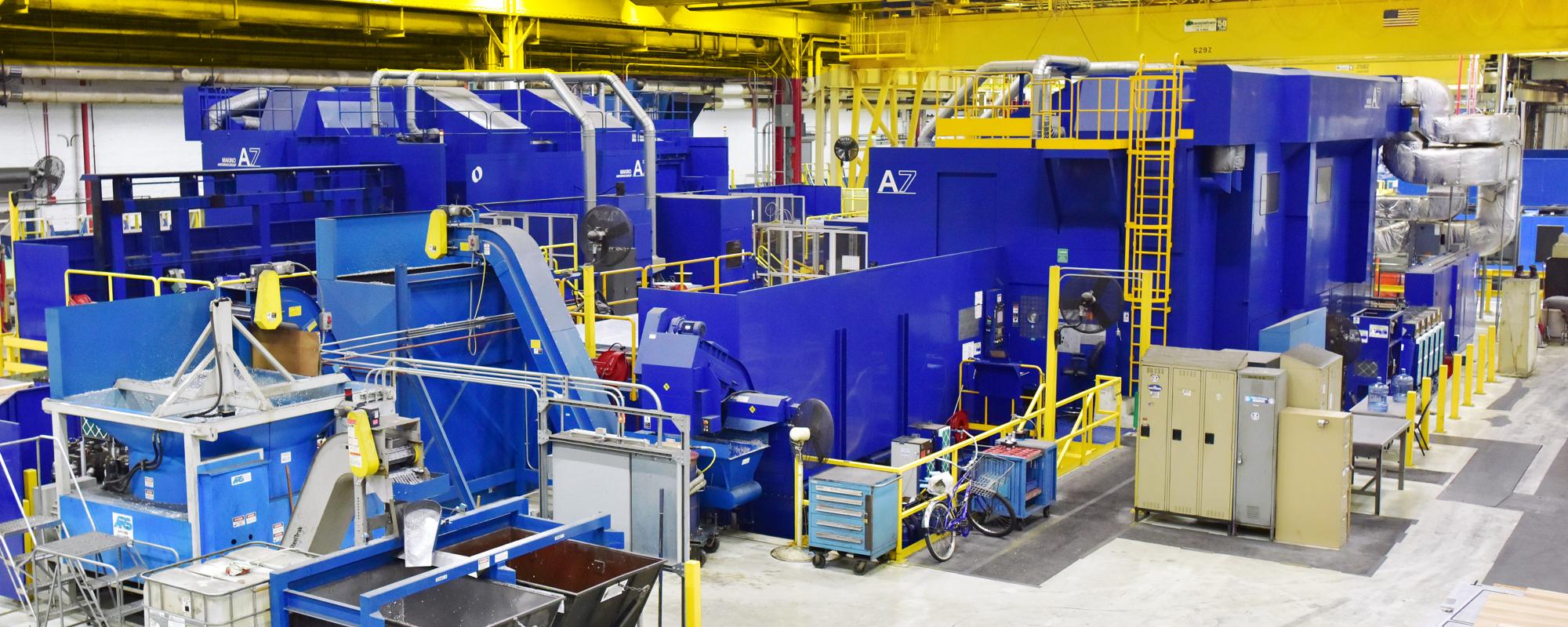
Leveraging Digital Data
Receiving and analyzing data from equipment is a broad strategy with many applications. “We have a lot of equipment that’s digitally connected,” says Matthies. “We can get feedback, such as torque or sensor vibrations, and we can real-time-adjust the speed or feed of a tool.”
One of the immediate areas of interest is in cutting-tool technology. Matthies says the process of manually changing the inserts on cutting tools is laborious, particularly when the number of inserts can be 300 per tool. “Spirit is exploring automating the process with technology that can detect any chipped or broken part and use only the pieces that are compliant. Creating seamless digital data streams is a key part of integrating future factory principles, and we’re well on our way,” he says. In addition to efficiency and quality considerations, Matthies says this level of monitoring and correction translates to cost savings. “Preventing parts from warping or quickly identifying noncompliance definitely offers greater affordability.”
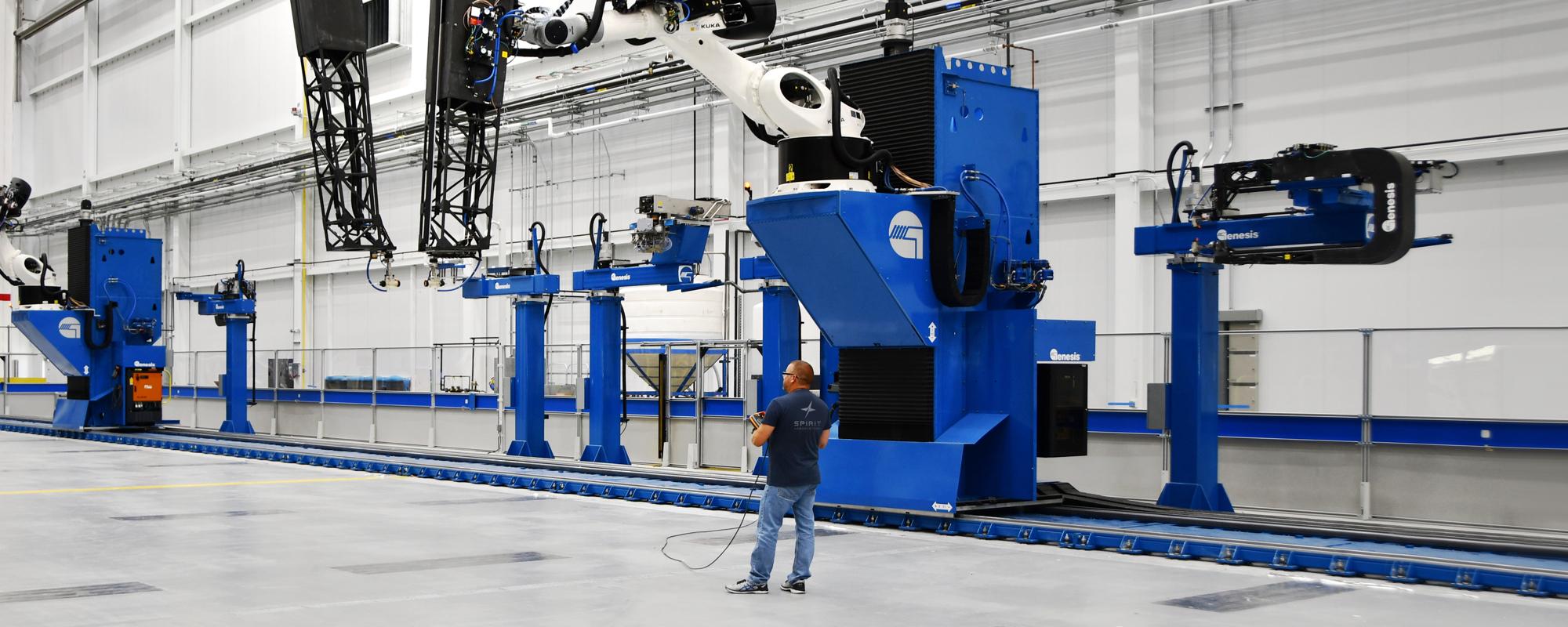
Automated Inspection
Utilizing data from equipment and tooling allows for real-time inspection. According to Matthies, one of the goals is to create a closed-loop system in which every part is 100-percent compliant. “We’re in the process of working with an icon laser radar that will inspect a part using artificial intelligence (AI), make any adjustments necessary, and make corrective offsets so that the next part is fully compliant,” he says.
Matthies believes the Spirit AeroSystems workforce is a key part of making automation successful. “We have a very talented team, people who are able to run advanced equipment very proficiently,” he says. “Our employees work hand in hand with the equipment to elevate its abilities. Being able to adapt to new technology is a skill in itself, and we have that ability across both our touch labor and manufacturing workforce,” Matthies says.
Forming Technology
In June, Spirit announced that its new proprietary method for forming titanium was moving from the laboratory to the factory. This breakthrough fabrication technology, called the Joule Form™ process, was developed by Spirit AeroSystems as titanium has come into high demand in aerospace manufacturing, due to its lighter weight and greater strength. The Joule Form process allows Spirit to form parts from titanium plates, rather than large blocks of titanium, significantly reducing waste and decreasing machining time. “Because the process replaces more expensive techniques, this is a great example of new technology reducing costs and allowing us to better serve our customers,” Matthies says.
At Spirit, applying automation is only appropriate if it addresses a particular challenge that another technique will not. “Spirit is very good at looking into the future and understanding when we need automation or robotics to solve a certain problem,” Matthies says. “We will utilize the right research and development teams to enhance technology in a way that actually furthers our company goals and provides real customer benefits.”
For fabrication, those research and development efforts are often focused on lean metallic structures, just one of seven distinctive capabilities that form Spirit’s key areas of research. Matthies sees great progress through these efforts and is optimistic about future breakthrough capabilities. “Our operations are becoming very sophisticated,” he says. “Spirit is constantly working to improve our ability to make a good part.”
Kevin Matthies is Senior Vice President of Global Fabrication at Spirit AeroSystems Inc. Matthies joined Spirit in 2013, serving as VP of Airbus programs and VP of the Boeing 787 program, each for two years. Prior to joining Spirit AeroSystems, Matthies worked for 26 years at Raytheon Missile Systems where he led the Javelin joint venture between Raytheon and Lockheed Martin.
